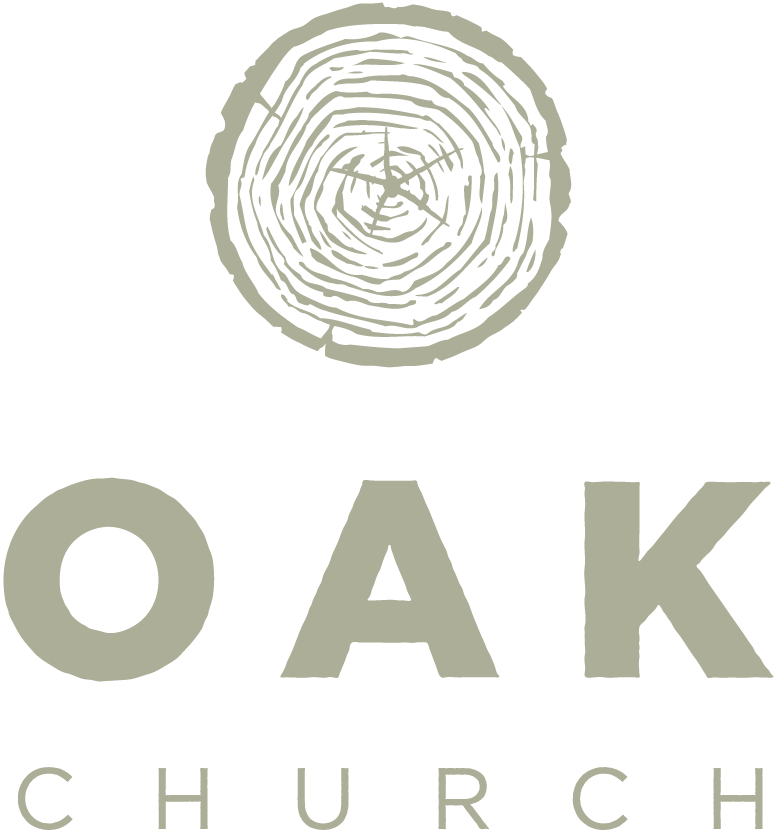3/6/16
Chris Breslin
Mark 12:28-44
Flickering Mind
Denise Levertov
Lord, not you,
it is I who am absent.
At first
belief was a joy I kept in secret,
stealing alone
into sacred places:
a quick glance, and away—and back,
circling.
I have long since uttered your name
but now
I elude your presence.
I stop
to think about you, and my mind
at once
like a minnow darts away,
darts
into the shadows, into gleams that fret
unceasing over
the river’s purling and passing.
Not for one second
will my self hold still, but wanders
anywhere,
everywhere it can turn. Not you,
it is I who am absent.
You are the stream, the fish, the light,
the pulsing shadow,
you the unchanging presence, in whom all
moves and changes.
How can I focus my flickering, perceive
at the fountain’s heart
the sapphire I know is there?
“We could characterize this early Jewish monotheism as creational monotheism, eschatological monotheism and cultic monotheism. That God alone – absolutely without advisors or collaborators or assistants or servants – created all other things was insisted on (even when he was understood to have created out of pre-existing chaos rather than out of nothing). That God was the sole Creator of and the sole Lord over all things required the expectation that in the future, when YHWH fulfils his promises to his people Israel, YHWH will also demonstrate his deity to the nations, establishing his universal kingdom, making his name known universally, becoming known to all as the God Israel has known. This aspect I call eschatological monotheism. Finally, there is also cultic monotheism. Only the sole Creator of all things and the sole Lord over all things should be worshipped, since worship in the Jewish tradition was precisely recognition of this unique identity of the one God.” –Richard Bauckham
“Spend it all. Shoot it, play it, lose it, all, right away, every time. Do not hoard what seems good for a later place…give it, give it all, give it now. The impulse to save something good for a better place later is the signal to spend it now. Something more will arise for later, something better. These things will fill from behind, from beneath, like water. Similarly, the impulse to keep to yourself what you have learned is not only shameful, it is destructive. Anything you do not give freely and abundantly becomes lost to you. You open your safe and find ashes.” —Annie Dillard, The Writing Life
Laura Turner’s Post on the Widow’s Mite
Norman Wirzba’s OpEd on “Love as Rubric”
Further Mark Reading
The Gospel According to St. Mark by Morna Hooker
King’s Cross/Jesus the King by Tim Keller
Mark (NICNT Commentary) William Lane
Mark (Anchor Bible Commentary) by Joel Marcus
Binding the Strong Man by Ched Meyers
Mark (Belief Commentary) by William Placher
Mark as Story by David Rhoads & Joanna Dewey
Meeting God in Mark by Rowan Williams
How God Became King by N.T. Wright
Mark for Everyone by N.T. Wright
Further Lenten Reading
God is on the Cross by Dietrich Bonhoeffer
Sweet Deliverance: A Lenten Reader ed Chris Breslin
The Death of the Messiah by Raymond Brown
I Am With You (Archbishop of Canterbury’s 2016 Lent Book) by Kathryn Greene-McCreight
Living the Christian Year by Bobby Gross
Cross-Shattered Christ by Stanley Hauerwas
He Became Like Us: Christ’s Identification with Man by Carlyle Marney
Death on a Friday Afternoon by Richard John Neuhaus
God for Us: Rediscovering the Meaning of Lent & Easter ed Greg Pennoyer
The Seven Sayings of the Saviour on the Cross by Arthur Pink
Abiding (Archbishop of Canterbury’s 2013 Lent Book) by Ben Quash
The Seven Last Words from the Cross by Fleming Rutledge
Listening at Golgotha: Jesus’ Words from the Cross by Peter Storey
Looking Through the Cross (Archbishop of Canterbury’s 2014 Lent Book) by Graham Tomlin
In God’s Hands (Archbishop of Canterbury’s 2015 Lent Book) by Desmond Tutu
Passion and Power (Archbishop of Canterbury’s 2007 Lent Book) by Sam Wells
Thank God it’s Friday by Will Willimon



